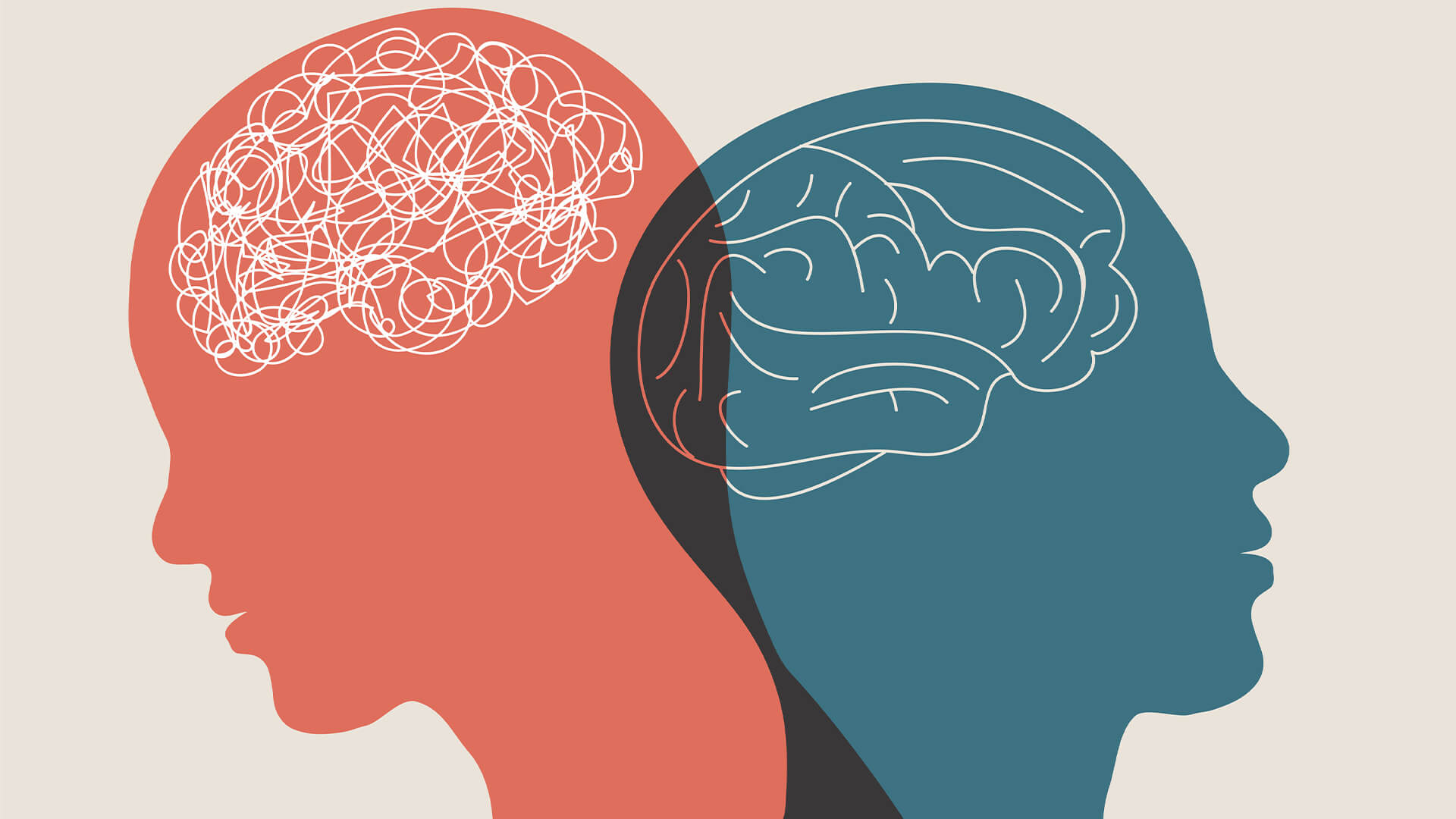
Sometimes, the hustle of daily life becomes too much. With it comes anxiety, stress, or the fear of the unknown, affecting your mental health and behavior. Handling everyday challenges and managing your feelings and behaviors are critical to maintaining your overall well-being. While it can be challenging, there are certain things you can do to improve your overall mental and behavioral health.
In this article, we’re sharing a comprehensive list of tips on achieving good mental and behavioral health.
1. Ask For Professional Help
We’re starting our list with the most effective method, especially for those struggling for a long time.
Admitting that you’re having issues can be difficult. However, there’s no shame in it. If you feel sadness, stress, anxiety, negative feelings, or your unwanted behaviors are piling up and hindering your daily life, consider consulting a professional.
Seeking help from a mental or behavioral health professional can help you share your burdens without worrying about bias or judgments, helping you process your feelings more fully. Professionals can also help you get treated with tried-and-tested methods such as counseling, therapies, measurement-based care, and others.
2. Eat Healthily
Food is fuel. The kinds of drinks and foods you consume determine the types of nutrients in your system, which has a significant impact not only on your physical body but also on how your mind functions.
As one of the busiest organs in the body, the brain needs quality fuel to function well. There are strong links between what you eat and how you feel. For instance, missing meals can cause your blood sugar level to drop, making you feel tired and bad-tempered. Eating a well-balanced meal full of foods and drinks rich in vitamins, antioxidants, and minerals can improve your overall mood and promote cognitive functioning.

3. Be Active
One of the most effective methods to maintain good mental health and steer clear of behavioral issues is by exercising. Studies show that staying active stimulates the release of endorphins or the ‘feel-good’ hormones that can help relieve stress while improving your psychological and emotional state.
Plus, exercising for at least 20 minutes a day is a great way to feel a sense of accomplishment and helps you take control of your life, especially during times of uncertainty.
Thus, simply getting your body moving can help improve your mental health and works as an effective treatment for negative emotions and behavioral difficulties. You don’t have to do strenuous exercise either; taking morning walks around your neighborhood or stretching can make a huge difference.

4. Don’t Skimp On Sleep
You’re probably guilty of promising yourself that you will sleep earlier every night only to end up scrolling for three hours on social media or tapping the ‘Next Episode’ of your favorite series on your Netflix app. Sure, it’s easier to get distracted by today’s technology than get some shut-eye. However, the constant yawning and that voice in the back of your mind reminding you to sleep is mostly right.
Sleep deprivation, as well as low-quality sleep, can have a significant impact on how you’ll feel the next day. It will make you more irritable and reduce your ability to focus and concentrate on your tasks and activities. Getting enough sleep can help your brain and body recharge. As a result, it makes you perform at your best during your waking hours.
Ensuring a consistent good night’s rest can significantly improve your mental health and psychological functions, even in ways that are not readily apparent.
5. Be Sociable
Socializing can mean simply opening up to someone about an issue or problem, or it can also mean just being kind in general. Confiding in others and receiving their trust can help build self-worth and improve your overall emotional being.
That said, the quantity and quality of social relationships we maintain can also impact our mental health. You want to ensure that the people around you evoke positive emotions and attitudes, are supportive, and are generally good for you. Being around the wrong people can contribute to mental issues and invite behavioral problems into your life.

Takeaway
Just as physical fitness helps the body stay strong, mental and behavioral wellness can help us nurture and sustain the mind and emotions. By being mentally healthy, you can enjoy your life, achieve better behavior and attitude, and have better relationships with others.
You’ll be creative, try new things, learn and take risks. You can also cope better during difficult times in your personal and professional life. And although bad things may happen in life, having solid mental and behavioral health can help you get on with it and enjoy your life once again.

















